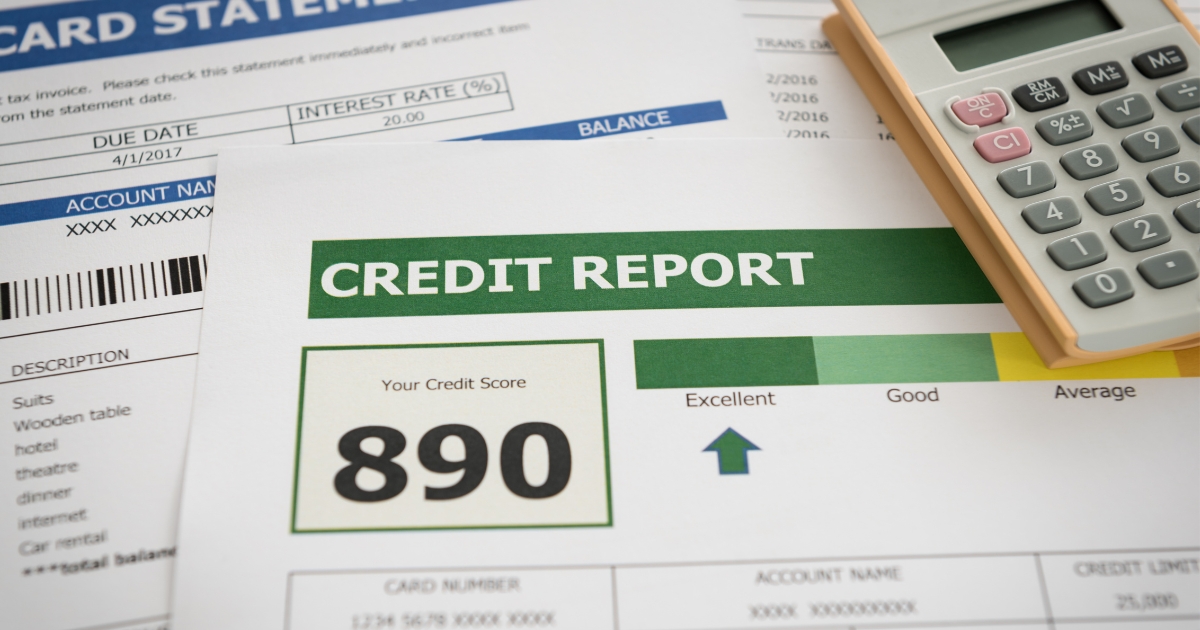For a long time, medical debt has made it hard for many people to keep a good credit score. A sudden emergency, a big hospital bill, or even a small unpaid medical charge could lower your credit score for years. Medical bills are different from credit card debt or loans because they often happen without warning—and they aren’t always your fault.
But now, things are changing. In 2025, credit reporting companies made big updates to how they handle medical debt. These new rules help people who are trying to get back on track. If you have unpaid medical bills, this is good news for rebuild credit history. In this blog, we’ll explain what these changes are, why they matter, and how they can help you fix your credit and improve your financial life.
The Burden of Medical Debt on Credit Reports
Medical bills are one of the biggest reasons people in the U.S. go into debt. Studies show that about 1 in 5 Americans has medical debt that went to collections. This often happens without warning. For example, an emergency room visit, surgery, or long-term treatment can cost thousands of dollars.
In the past, credit bureaus like Equifax, Experian, and TransUnion treated unpaid medical bills the same as other debts. So, even a small $100 medical bill from a doctor could lower your credit score by a lot. This made it harder for people to fix their credit, especially if they were already dealing with credit card or loan payments.
It gets worse. Medical debt doesn’t work the same way as regular debt. Insurance companies sometimes take a long time to pay. Billing mistakes happen often. Many people don’t even know they owe money until it’s already in collections. Even though these problems are common, the old credit system still hurts people the same way.
Changes in How Medical Debt Affects Your Credit
Credit bureaus realized that the old way of reporting medical debt was unfair. They fixed some big problems. If you’re trying to fix your credit after financial hardship, these changes matter.
Here are the main changes to how medical debt is reported:
1. Paid Medical Bills No Longer Hurt Your Credit
As of 2022, credit bureaus stopped putting paid medical collections on your credit report. If you paid off a medical bill that went to collections, it doesn’t hurt your credit anymore. This is a huge relief to the millions of people who already did what they could to pay their bills and still got punished for it.
2. More Time to Resolve Medical Debt
Before, credit bureaus could put unpaid medical debts on your credit report after just six months. Now, credit bureaus have to wait a full year if you’re working through insurance hoops, setting up payment plans, or getting other help before your medical bill hurts your credit.
3. Small Medical Bills Are No Longer Reported
Since 2023, credit bureaus will not report medical debts for any amount less than $500. This change has already taken millions of small medical debts off people’s credit reports that had tiny bills they didn’t even know about.
4. How FICO and VantageScore Handle Medical Debt
Medical debt still affects your credit score, but in recent scoring, it has less weight than other kinds of debt. In the new scoring models, hospital bills not paid sitting on your credit don’t take off as many points as missed loan or card payments do.
Why These Changes Are Important for Rebuilding Credit
If you’re working on rebuilding your credit, these changes are more than just policy updates—they can truly help you. Here’s why:
- Fairer Treatment for Consumers
Medical bills are often out of our control. Now, credit reports treat them differently from regular debt, recognizing the special challenges of medical costs. - Quick Credit Score Boost
Millions of people have already seen their credit scores go up because paid or small medical debts were removed. Even a small increase of 20–40 points can help when you apply for credit cards, loans, or a mortgage. - More Time to Fix Problems
The new one-year waiting period gives you extra time to work with hospitals, appeal insurance denials, or get help from nonprofits before your credit is affected. - Easier Path to Financial Recovery
By reducing the damage caused by medical debt, it’s easier to qualify for credit-building loans, secured credit cards, and other tools to improve your credit score.
Practical Steps to Rebuild Credit After Medical Debt
Even with these changes, rebuilding your credit still takes some effort. Here are some simple steps to help:
1. Check Your Credit Report Often
Review your credit report from all three bureaus. Ensure past medical debts are deleted. If you still have these accounts on your report, you can dispute them. You’re entitled to a free credit report from each bureau annually through AnnualCreditReport.com. Many apps also allow you to monitor your score each month. Frequent monitoring of your report also helps catch errors before they drag down your credit.
2. Talk to Healthcare Providers
If you are unable to pay your medical bills, ask the hospital or clinic about payment plans. This is how you prevent them from being sent to collections. Some locations will even help you reduce or forgive a portion of the bill if you are eligible. Always request an itemized statement to review for errors. By following through on these, you demonstrate that you are responsible and can help safeguard your credit.
3. Use Secured Credit Cards or Credit Builder Loans
Once your medical debt is settled, begin to rebuild your credit. Secured credit cards and credit builder loans are excellent tools. With secured cards, you put down a deposit that you can use as your credit limit. This means approval is easier even with burdened credit. You can save money while you build credit with credit builder loans, which are available from credit unions and online banks. With either of these used responsibly, you are doing the things that increase your credit score.
4. Keep Other Debts in Check
medical debt’s reduced role in lowering your score, paying your bills on time is still important. Make sure you always pay your other bills on time. Establish a system of automatic bill payments or reminders to assist you. Keep your credit card balance to 30% or less of your limit. This has the added benefit of improving your credit score and enabling you to bounce back faster.
5. Report Rent and Utility Payments
You can finally add those rental and utility payments you make on time to your credit report. You can use services like Experian Boost to do this. This is how you establish a credit history without traditional credit cards. Given that you’re already paying these bills, adding them is an easy type of credit to add that should give you some credit scoring oomph. It will go toward increasing your score over time.
The Connection Between Medical Debt and Financial Inequality
Medical debt affects more than just individuals—it also shows bigger problems with financial inequality. These groups often have unpaid medical bills and struggle more to rebuild their credit. The recent changes to how medical debt is reported are a step toward fairness, but there are still problems.
By understanding these challenges, people can better advocate for themselves. If you’re working on improving your credit, using a credit score improvement service can help you navigate these issues and take full advantage of the new rules.
What’s Next for Medical Debt Reporting?
In 2025, there is growing support to reduce the impact of medical debt on credit scores even more. Consumer groups are pushing for the complete removal of medical debt from credit reports. They argue that medical bills shouldn’t affect your credit score because they don’t show how well you manage debt.
Some states are also creating laws to protect people from harsh medical debt collection. At the same time, FICO and VantageScore are testing new models that give even less importance to medical debt, especially when people have a good payment history.
This is great news for anyone trying to improve their credit. The less medical debt affects you, the more your financial habits—like paying bills on time, keeping balances low, and using credit responsibly—will matter for your score.
Final Thoughts
The recent changes to medical debt reporting offer a fresh chance for millions to rebuild credit. By removing paid collections, excluding small debts, and giving more time, credit bureaus recognize that medical bills shouldn’t define financial worth. Use this opportunity to review your report, build positive credit habits, and stay disciplined.










